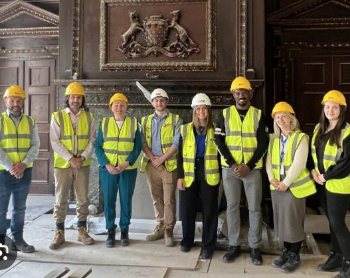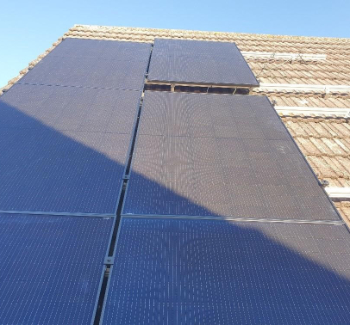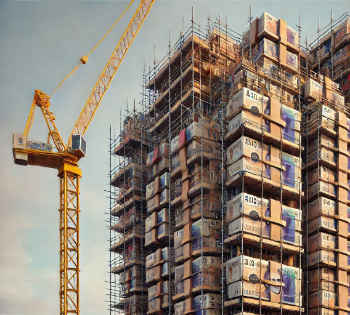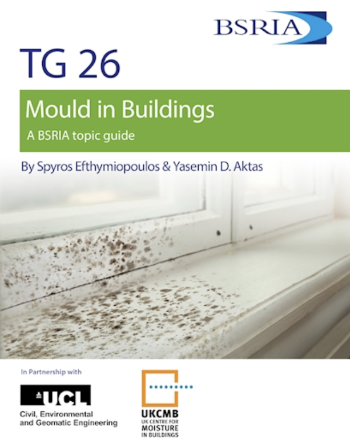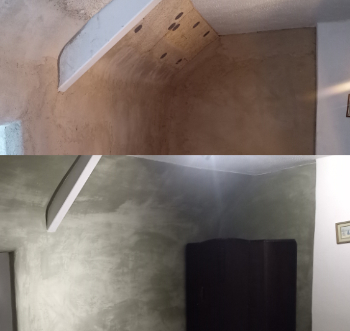Fee for intervention FFI
In 2012, the Health and Safety Executive (HSE) introduced a fee for intervention (FFI) scheme which allows them to charge companies where safety breaches are found. If the HSE undertakes inspections and no material breaches are found, or the company is compliant, no charges are made.
An independent review of the fee for intervention scheme was undertaken in 2013 which found that its application had been successful and there was no ‘viable alternative’ which could meet the aim of shifting the cost of regulating work place health and safety away from the taxpayer to those who break the law.
It is only necessary for a charge to be levied on a company when a material breach is found. This is considered to be where there has been a contravention of health and safety law that requires a notice in writing to be issued.
The fee for intervention is applicable to all dutyholders where the HSE is the enforcing body. This includes:
- Employers.
- Self-employed individuals who may put others at risk.
- Individuals acting in a capacity other than as an employee, such as partners.
- Public and limited companies.
- Crown and public bodies.
- General, limited and limited liability parternships.
A material breach of the law is charged at £154 per hour and the total number of hours charged is based on the time it takes to identify the breach and remedy it.
In October 2015 it was reported that invoices issued to construction companies under the scheme for costs recovery had increased by 40% in the three years since it was introduced. See 40% increase in HSE cost recovery invoices for more information.
In September 2016, OCS Group won the right to a judicial review of the way the HSE handles FFI appeals, on the basis that they are acting as prosecutor, judge and jury.
In January 2017 it was revealed that fees had reached £15m in 2016, up 23% on the year before.
Also in January 2017, it was reported that the nature of the scheme would be questioned at a judicial review brought by facilities management firm OCS. This is seen as an attempt to have the fees bill overturned and the system for deciding appeals quashed.
In February 2017, proposals were put forward for an impartial body to rule on disputes over fees. An HSE spokesperson said; “HSE has always kept the dispute process under review and following a recent application for a judicial review we believe the time is right to move to a dispute process which is completely independent of HSE.”
In March 2017, it was reported that changes would include; a right for dutyholders to obtain evidence used by HSE; an independent appeals panel and a right to make submissions to the appeals panel. The changes must be in place by 1 September 2017 to avoid further court action.
In April 2017, HSE began a consultation into the proposed changes. The consultation closed on 2 June 2017. Following the consultation, HSE launched a revised process for considering disputes of invoices issued under the fee for intervention scheme. This involves all disputes being considered by a panel independent of HSE.
[edit] Related articles on Designing Buildings Wiki.
- Asbestos.
- CDM Regulations.
- Health and safety offences, corporate manslaughter and food safety and hygiene offences definitive guideline.
- COSHH.
- Deleterious materials.
- Demolition.
- HSE land use planning pre-application advice service.
- Health and safety.
- Health and safety inspector.
- Notify HSE.
- Reporting accidents and injuries on construction sites.
- Statutory consultee.
Featured articles and news
A must-attend event for the architecture industry.
Caroline Gumble to step down as CIOB CEO in 2025
After transformative tenure take on a leadership role within the engineering sector.
RIDDOR and the provisional statistics for 2023 / 2024
Work related deaths; over 50 percent from constructuon and 50 percent recorded as fall from height.
Solar PV company fined for health and safety failure
Work at height not properly planned and failure to take suitable steps to prevent a fall.
The term value when assessing the viability of developments
Consultation on the compulsory purchase process, compensation reforms and potential removal of hope value.
Trees are part of the history of how places have developed.
The increasing costs of repair and remediation
Highlighted by regulator of social housing, as acceleration plan continues.
Free topic guide on mould in buildings
The new TG 26/2024 published by BSRIA.
Greater control for LAs over private rental selective licensing
A brief explanation of changes with the NRLA response.
Practice costs for architectural technologists
Salary standards and working out what you’re worth.
The Health and Safety Executive at 50
And over 200 years of Operational Safety and Health.
Thermal imaging surveys a brief intro
Thermal Imaging of Buildings; a pocket guide BG 72/2017.
Internally insulating a historical building
An experimental DIY approach using mineral thermal lime plaster.
Tree species selection for green infrastructure: A guide for specifiers.
The future of the Grenfell Tower site
Principles, promises, recommendations and a decision expected in February 2025.








